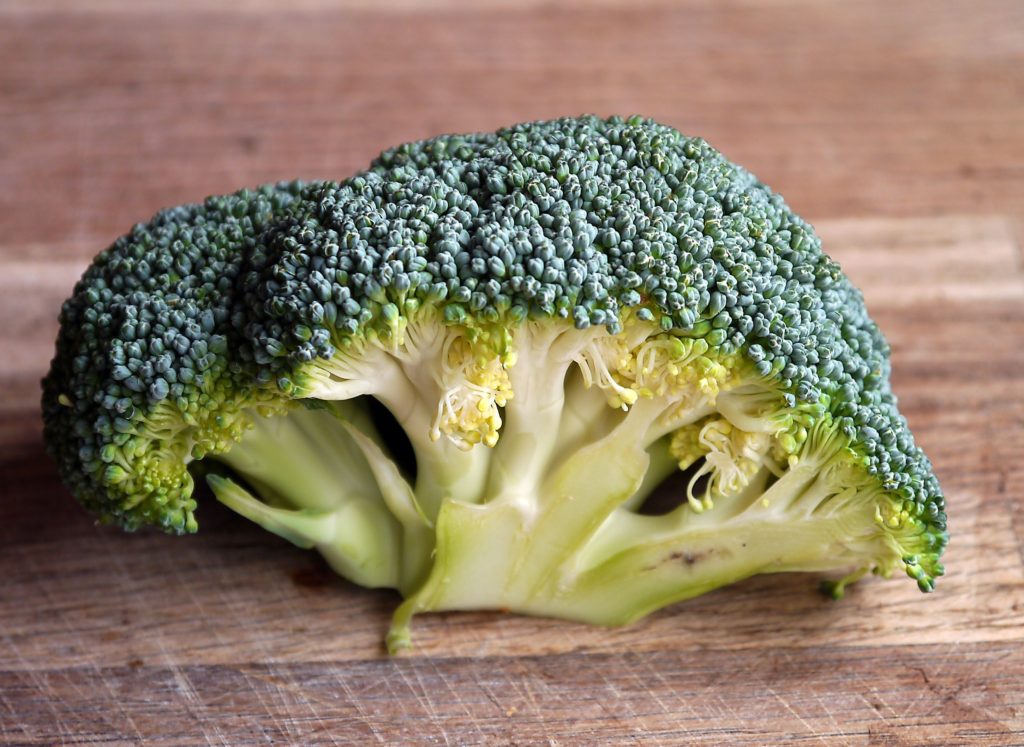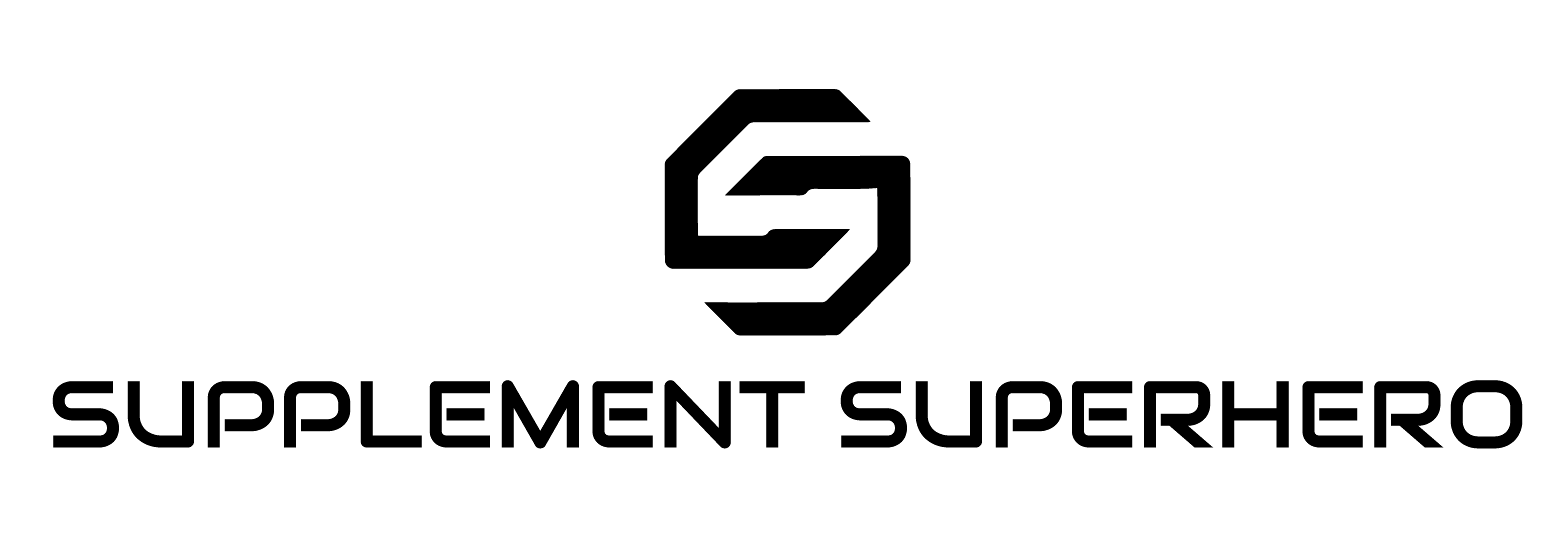
Table of Contents
Introduction
Broccoli is a green vegetable that vaguely resembles a miniature tree. It belongs to the plant species known as Brassica oleracea.
It is closely related to cabbage, Brussels sprouts, cabbage, and cauliflower, all edible plants commonly known as cruciferous vegetables.
Broccoli is known for being a rich and tasty vegetable, rich in dozens of nutrients. It is said to have the greatest nutritional impact of all vegetables.
When we think of green vegetables to include in our diet, broccoli is one of the main vegetables we often think of. Coming from the cabbage family, broccoli can be classified as green edible plants.
There are three main varieties of broccoli:
- Purple cauliflower
- Sprouted broccoli
- Calabrian broccoli
Broccoli is an inexhaustible source of vitamins, minerals, fiber, and antioxidants.
The benefits of broccoli for weight loss and other aspects of health are almost miraculous. Also, as we grow old, we are more likely to appreciate its taste. Below are some of the benefits you can get from eating broccoli regularly.
Broccoli can help fight Obesity
When you think of diet rich in vitamin C, you probably think of oranges and bananas. But even though they are both rich in vitamin C, they don’t hold a candle to the amount found in broccoli. A single serving of broccoli contains 220 percent of the recommended daily value!
Vitamin C is essential for maintaining healthy skin and eyes, but it also has an impact on the vascular system.
In a University of Colorado Boulder study, it was found that taking a vitamin C supplement daily could have great benefits in preventing vascular disease.
The researchers monitored ET-1 activity levels in obese participants. ET-1 is a protein that constricts blood vessels, and overweight and obese adults have high ET-1 activity, increasing the likelihood that their vessels will constrict and increasing the risk of vascular disease.

Broccoli Helps You Eat Less While Feeling Fuller
Broccoli is rich in fiber. A single serving contains 3.8 grams (about 15 per cent of the recommended daily value).
Fiber is one of the most valuable and versatile nutrients available. According to the Mayo Clinic, it helps normalize bowel movements, lower cholesterol, control blood sugar, maintain intestinal health and achieve a healthy weight.
The Harvard School of Public Health says that fiber appears to reduce the risk of heart disease, diabetes and cardiovascular disease.
One of the most interesting effects of fiber is that it slows down digestion, which helps you feel full after eating.
This can be a great advantage for people who want to cut calories and lose weight, or for those looking for an afternoon snack to wait for dinner.
Broccoli Is The Original Detox Diet
“Detoxifying” diets have become fashionable in recent years. But, if you’re looking for a complete food that naturally helps remove unwanted contaminants from your body, broccoli is the food for you.
Gluconasturtiin, glucoraphanin, and glucobrassicin are among the many phytonutrients found in broccoli that help detoxify contaminants and improve overall health.
A 2014 study found that “intervention in broccoli epidemics improves detoxification of certain airborne contaminants and may provide an effective way to mitigate long-term health risks.”
It Offers Beneficial Glucosinolates
Broccoli belongs to a family of vegetables called cruciferous vegetables, which share a common nutritional trait: they are rich in compounds called glucosinolates.
Glucosinolates are antioxidant compounds that may also have anti-cancer properties, and a diet rich in cruciferous vegetables is linked to a lower risk of various cancers, including ovarian and renal carcinoma.
Glucosinolate foods may also promote heart health, but exactly how much they prevent cardiovascular disease is still unknown.
Cholesterol Reduction
Like many whole foods, broccoli is rich in soluble fiber that absorbs cholesterol from your body. This is because the fiber in broccoli helps bind with bile acids in the digestive tract. This makes it easy to expel cholesterol from our body.
According to research from the Food Research Institute, a particular variety of broccoli can help reduce LDL cholesterol levels in the blood by 6%.

Diet Aid
Since broccoli is a good carbohydrate and is rich in fiber, it aids digestion, prevents constipation, keeps blood sugar levels low, and limits overeating. It is an ideal green vegetable to include in your salads and to complement your five colorful vegetables every day.
Plus, broccoli also contains protein, making it suitable for vegetarians who might not otherwise be able to fill their protein needs.
Anti-Aging
Since broccoli is enriched with vitamin C, which has numerous antioxidant properties, it is excellent when it comes to fighting old age. This is because antioxidants help fight free radicals responsible for aging. These free radicals often damage the skin.
Eating broccoli regularly can help reduce wrinkles, skin problems like acne, and even pigmentation.
Rich Source of Vitamin K
Broccoli, like most green leafy vegetables, is also extremely rich in vitamin K. This nutrient plays a central role in blood clotting.
It helps trigger a chemical reaction (nicknamed “coagulation cascade”) which helps with healing the stoppage of bleeding.
Vitamin K is also believed to be important for bone health, so it can help keep your skeleton strong. Eating a cup of broccoli will give you 93 micrograms of vitamin K, or 75 to 100 percent of your daily needs.
Because it is so rich in vitamin K, you will need to talk to your doctor about your daily consumption of broccoli if you are taking certain medications, such as coumarin, that require you to stabilize your vitamin K intake.
Eye Care
Broccoli contains beta carotene, vitamin A, phosphorus, and other vitamins like B complex, vitamin C, and E.
All of these rich nutrients are great for eye health as they help protect the eyes from degeneration, cataracts, and even repair damage caused by staring too long at our phones or in front of a computer screen.

Skin Care
Skincare not only includes glow, but also immunity. Since broccoli is a concentrate of antioxidants and nutrients like vitamin C and minerals like copper and zinc, broccoli helps maintain healthy skin.
This means that it also protects the skin from infections and maintains the natural glow of the skin. Broccoli is rich in vitamin K, amino acids, and folic acid, making it ideal for maintaining healthy skin immunity.
Water
Did you know that broccoli is 90% water and a 1-cup serving, cooked, has 5 grams of fiber? Broccoli is high and proud on the list in terms of nutrition value and hydration! As you may or may not know, drinking a lot of water can also potentially help with weight loss!
Broccoli Destroys Inflammation
Inflammation is an enemy of the human body. Inflammation occurs when blood and fluid build up in one area as the body’s natural defense mechanism.
If not controlled, inflammation can lengthen the recovery process. Chronic inflammation can weaken your energy and lead to chronic illnesses like arthritis.
Virtually all vegetables help fight inflammation to some degree, but sulforaphane and kaempferol, a phytonutrient and flavonoid found in broccoli, are particularly potent.
May Support Dental and Oral Health
Broccoli contains a wide range of nutrients, some of which are known to support oral health and prevent dental disease.
Broccoli is a good source of vitamin C and calcium, two nutrients associated with a lower risk of periodontal disease. Kaempferol, a flavonoid found in broccoli, may also play a role in the prevention of periodontitis.
Additional research indicates that sulforaphane present in broccoli may reduce the risk of oral tumors. Ultimately, more human research is needed to better understand the role of broccoli in maintaining a healthy mouth.
Conclusion
If you haven’t taken advantage of the benefits of this powerful vegetable, you’re missing out on something great!
Whether you’re looking to build your immunity, improve digestion, or aid your weight loss, broccoli can be a delicious addition to your breakfast, lunch, dinner, or in-between snack!

References
https://ndb.nal.usda.gov/ndb/foods/show/301764?manu=&fgcd=&ds=SR&q=Broccoli,%20raw
https://lpi.oregonstate.edu/mic/food-beverages/cruciferous-vegetables
